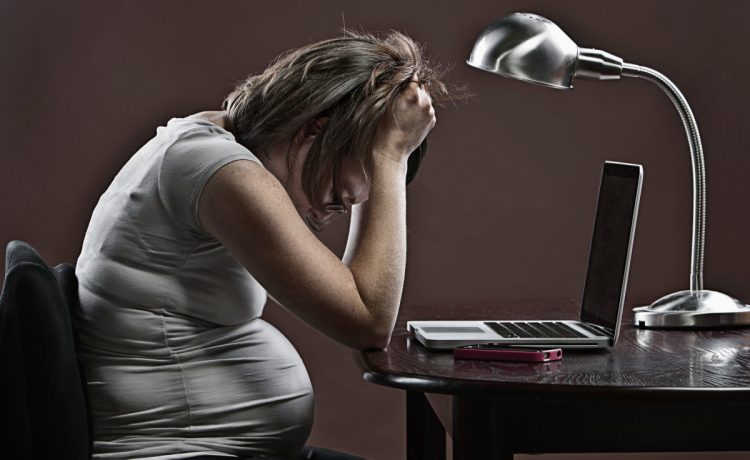Women who do two or more night shifts a week during pregnancy are likely to have an increased risk of miscarriage, says a new study.
This is because women working at night are exposed to artificial light which disrupts their circadian rhythm or body clock and decreases the release of melatonin — a hormone that regulates sleep-wake cycles and helps in maintaining a successful pregnancy, according to the study published in the Occupational and Environmental Medicine journal.

The findings showed that after the eighth week of pregnancy, women who had worked two or more night shifts had a 32 per cent higher risk of miscarriage compared with women who had not worked any night shifts.
“This may be explained by the decline in the proportion of chromosomally abnormal foetuses with gestational age, which makes an association with environmental exposure more easily detectable among later miscarriages,” said researchers from the Bispebjerg and Frederiksberg Hospital in Denmark.

This is an observational study, and as such, cannot establish cause.
Previous studies have also stated that women who work in night shifts, even occasionally, are at an increased risk of early menopause, which can heighten the possibility of developing cardiovascular disease, osteoporosis and memory problems.
For the study, the researchers included nearly 23,000 pregnant women.





